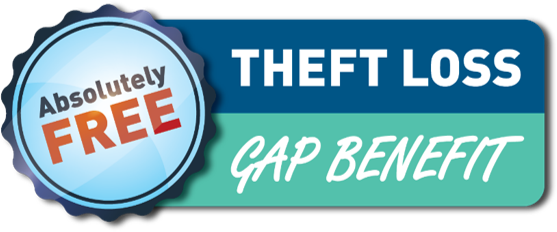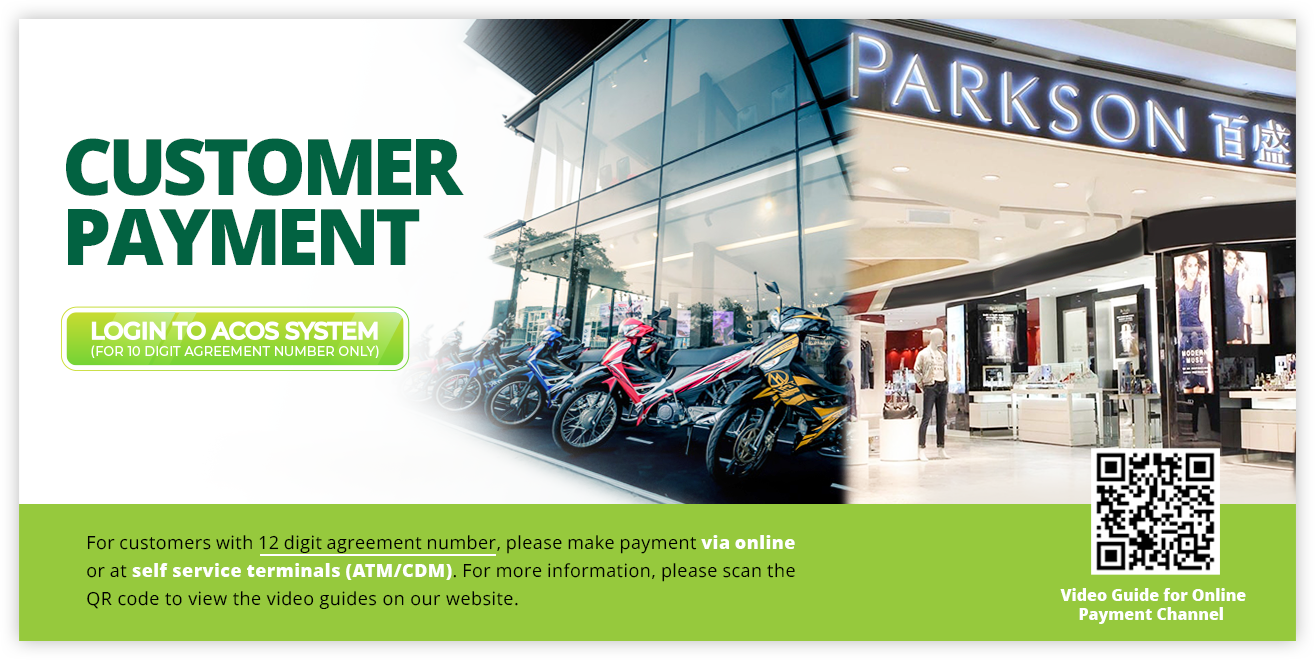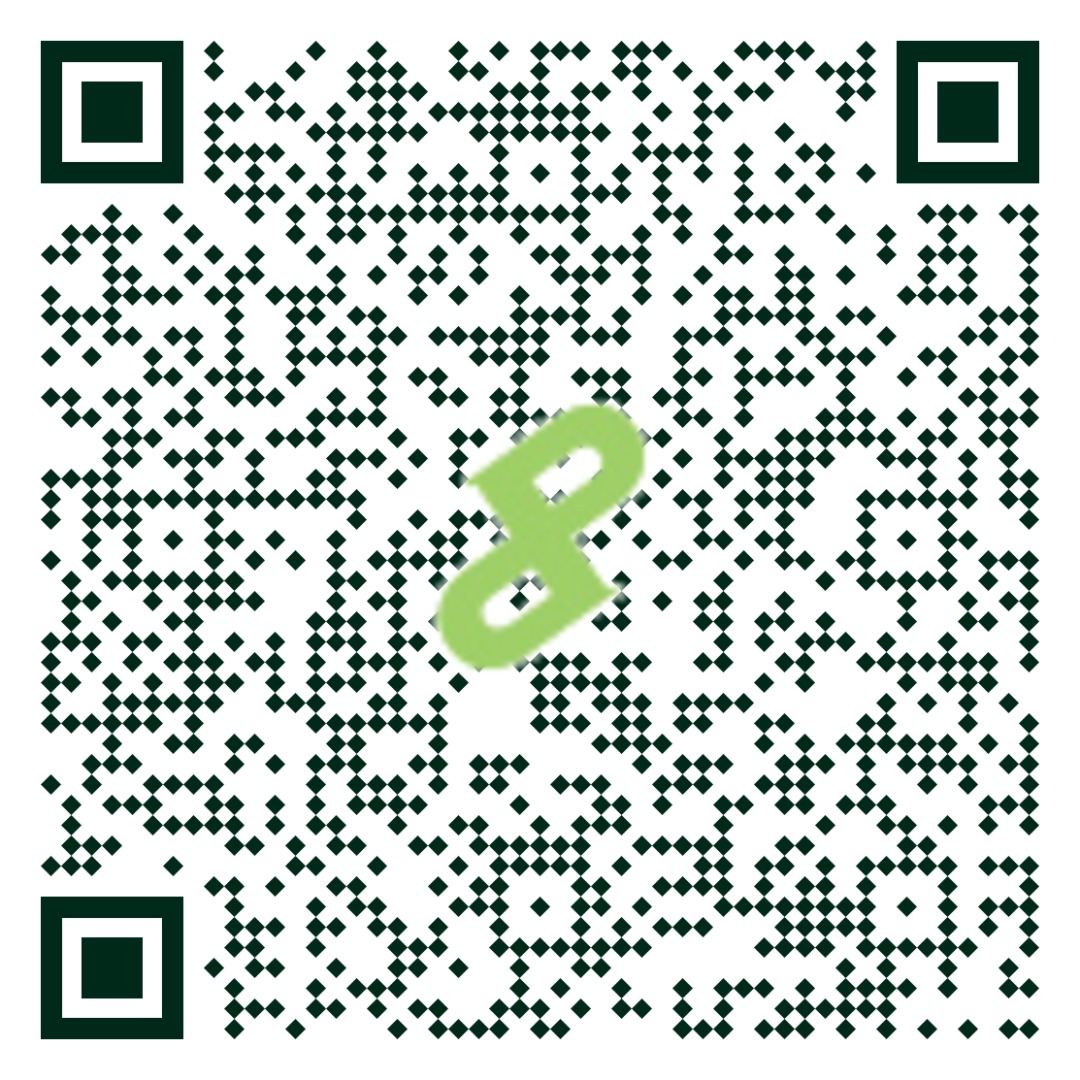
Protect yourself when online banking by using these tips!
1. Use a Passphrase instead of a Password
Replace your password with a longer ‘passphrase’ that makes your login details harder for Hackers to guess. A passphrase contains numbers, upper/lower case alphabets and symbols that together form a sentence. For example, “I@lwaysliket0buysh0es” is a passphrase.
You should change your passphrase regularly and use a different passphrase for each of your accounts. If you can’t remember all of them, you may have to write them down someplace that is secure and private.
2. Be prudent when using wireless connections
We like to connect to free Wi-Fi whenever we are at public areas such as hotels, airport and restaurants. But, most of us do not know that these public Wi-Fi connections usually do not provide high level of security compared to wired internet connections, encrypted wireless network or mobile carrier’s cellular data connections. There is a higher chance of your account information being intercepted and stolen when performing online transactions using a public Wi-Fi.
If possible, only perform online banking or transactions using your own private home wireless or through your handphone data plan.
3. Don’t respond to Apps or Emails requesting account information or online banking details
Often there will be Scammers disguising themselves as Banks or Government Institutions to request for your financial information or login details. Additionally, you may be directed to a fake log-in page that is pretending to be your Bank. This is known as ‘Phishing’ and cause your savings to be stolen or unknown purchases charged to your credit cards if you are not careful.
If you are unsure if a request or webpage is ‘original’, contact your Bank through the telephone number on your Credit/Debit Card or Statement Slip, as the telephone number provided in the request or webpage may also be fake.













